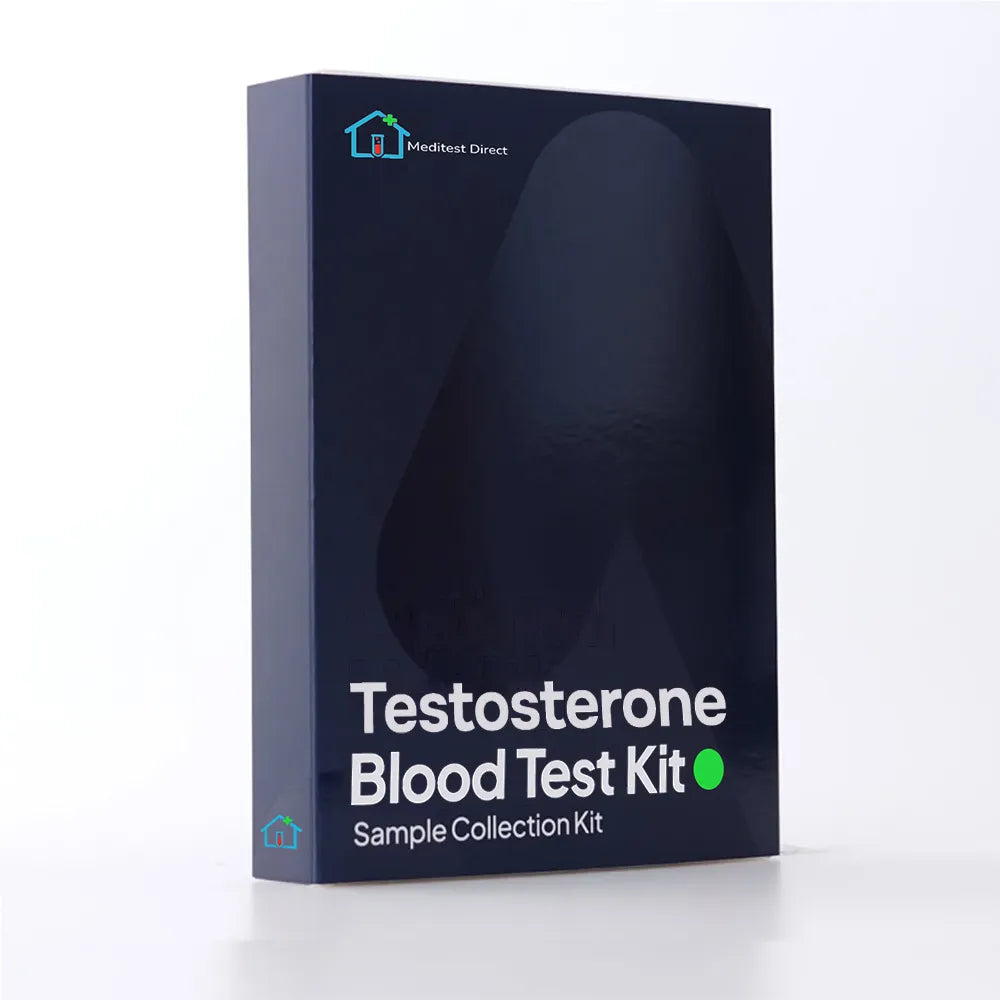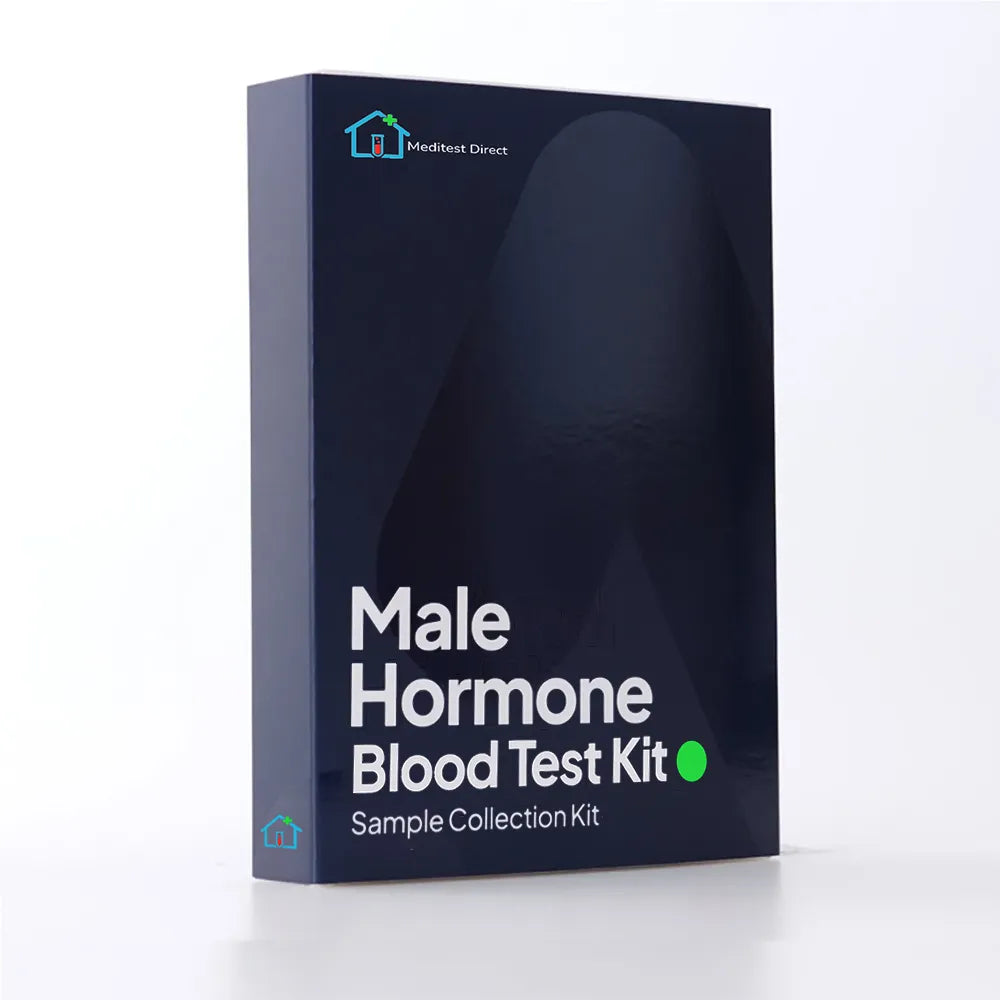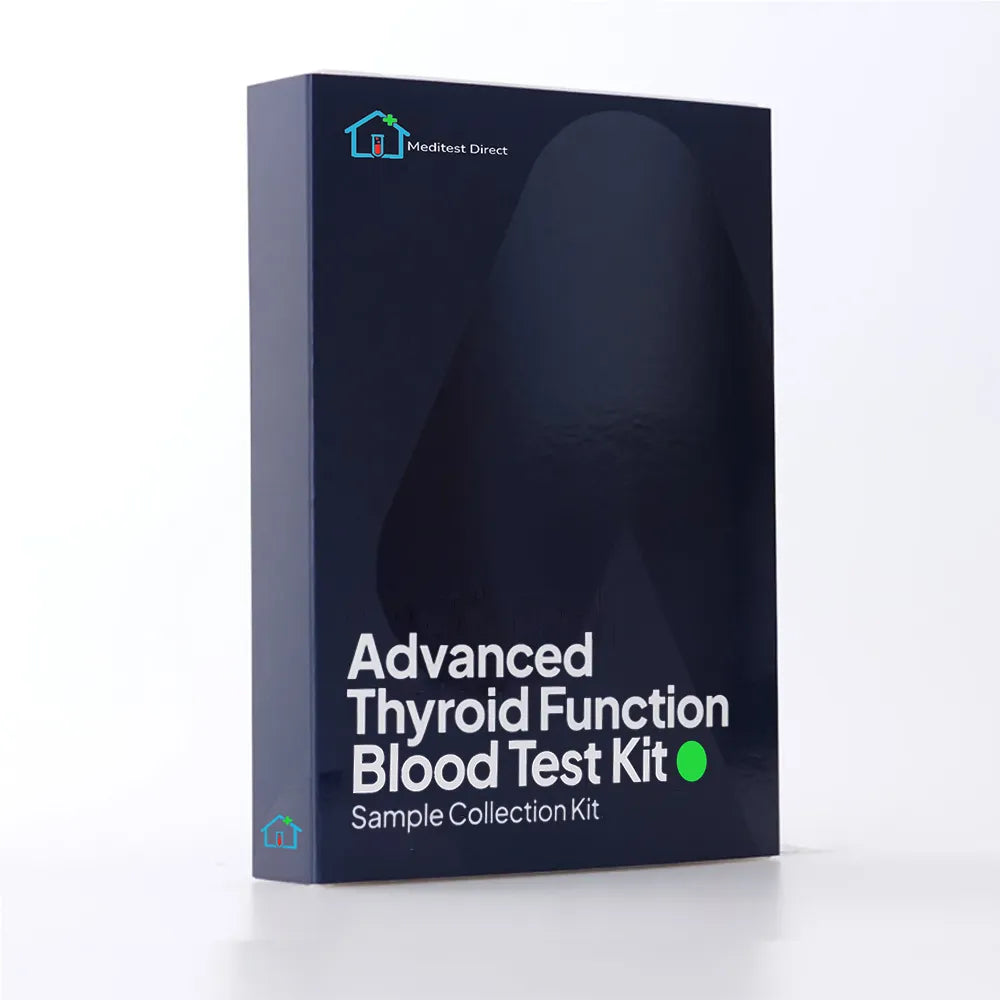This product is a home blood test kit designed to assess potential causes of hair loss by measuring key biomarkers. Hair loss can be influenced by factors, such as thyroid function, inflammation, iron levels, vitamin D status, and hormonal imbalances. This test provides insights into these areas to help identify underlying issues contributing to hair thinning or shedding.
Why choose this product
-
Measures thyroid function, inflammation markers, iron status, vitamin D, and key hormones to assess potential causes of hair loss
-
Helps identify underlying health issues that may be contributing to hair thinning or shedding
-
Convenient home sampling with results processed by certified laboratories for accurate and reliable information
Important information
-
This product is for informational purposes only and is not intended to diagnose, treat, or prevent any medical conditions
-
Results should be reviewed with a qualified healthcare professional
-
All samples are analysed by UKAS‑accredited laboratories










